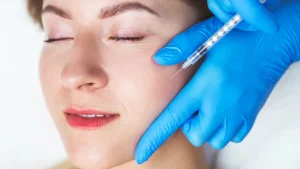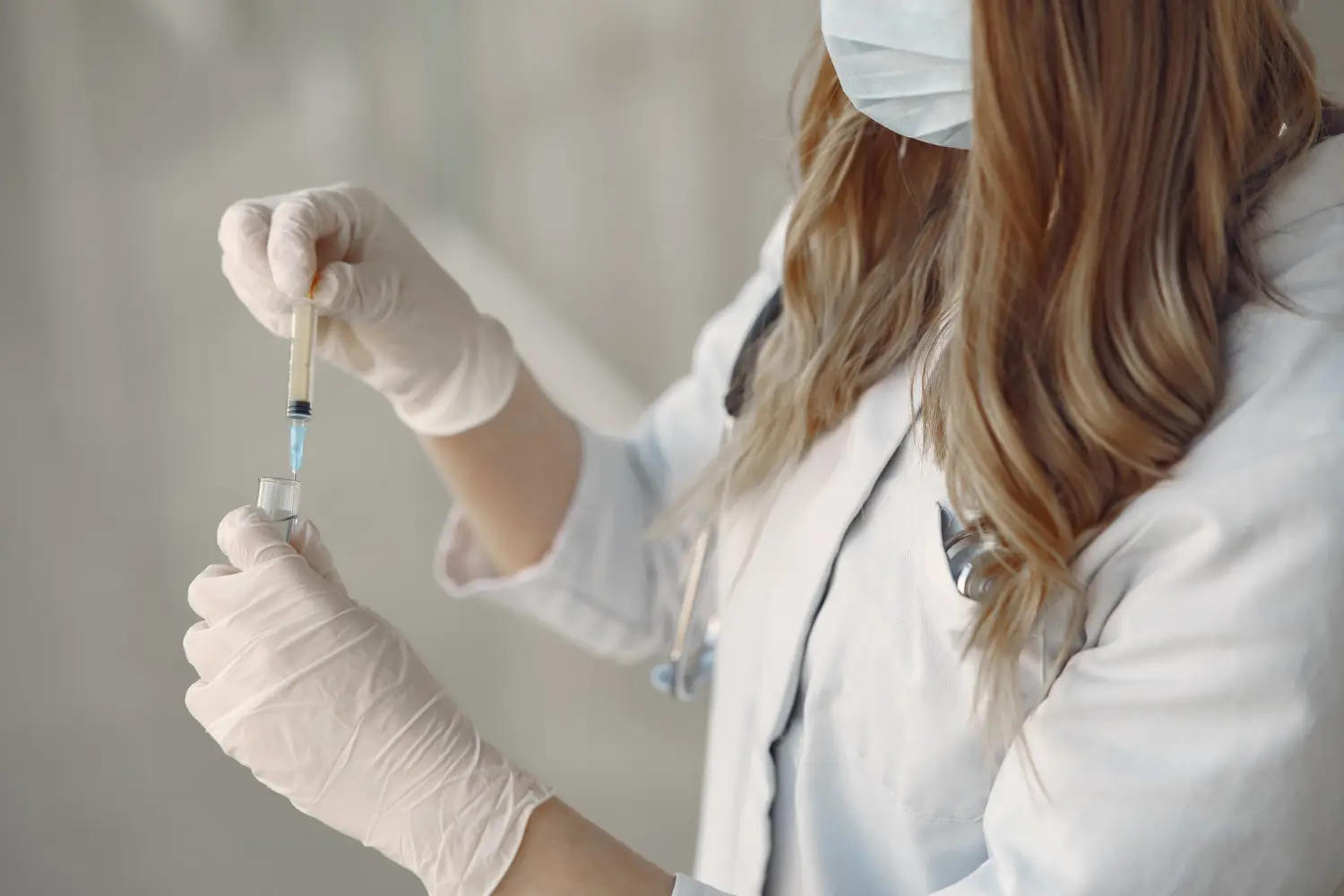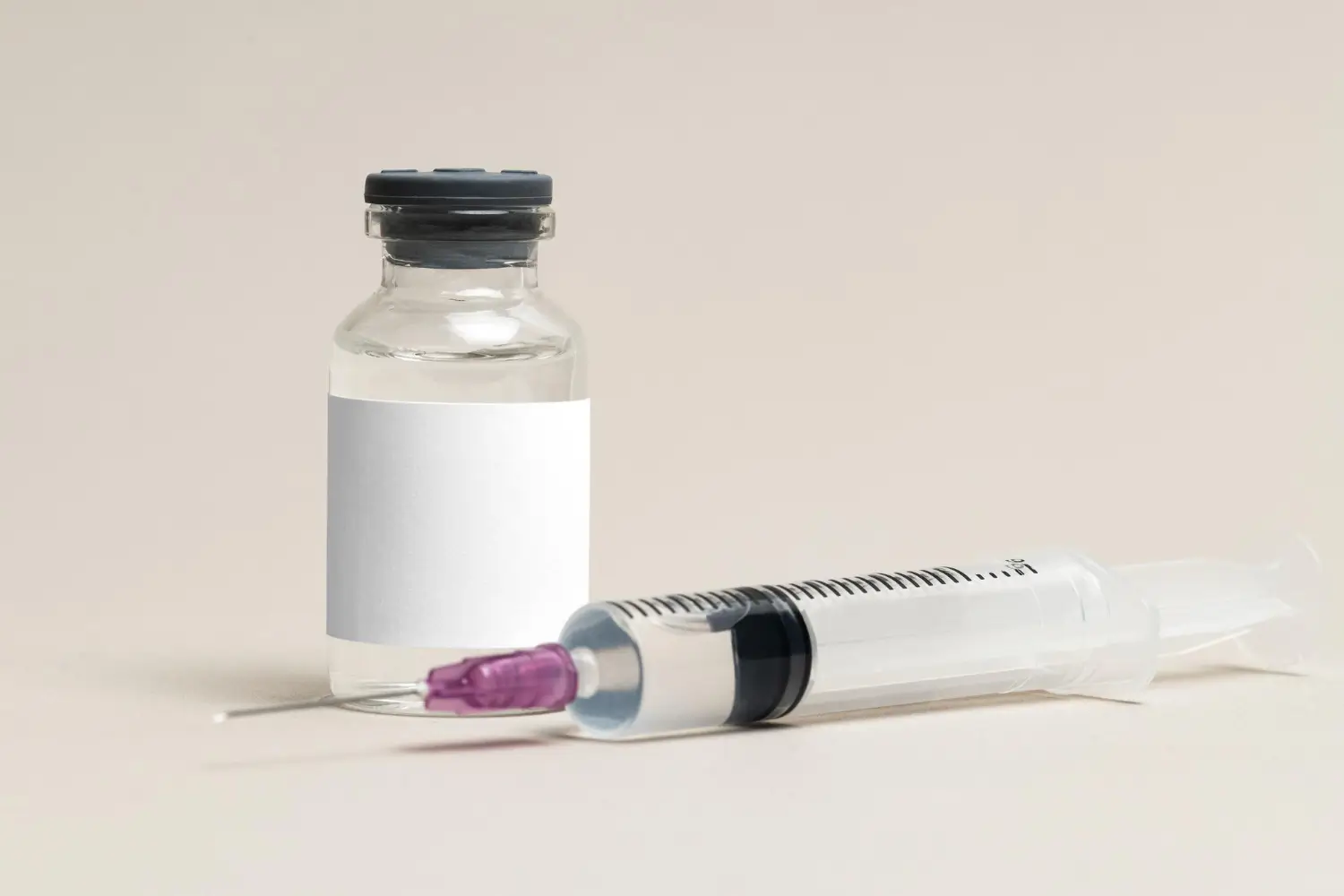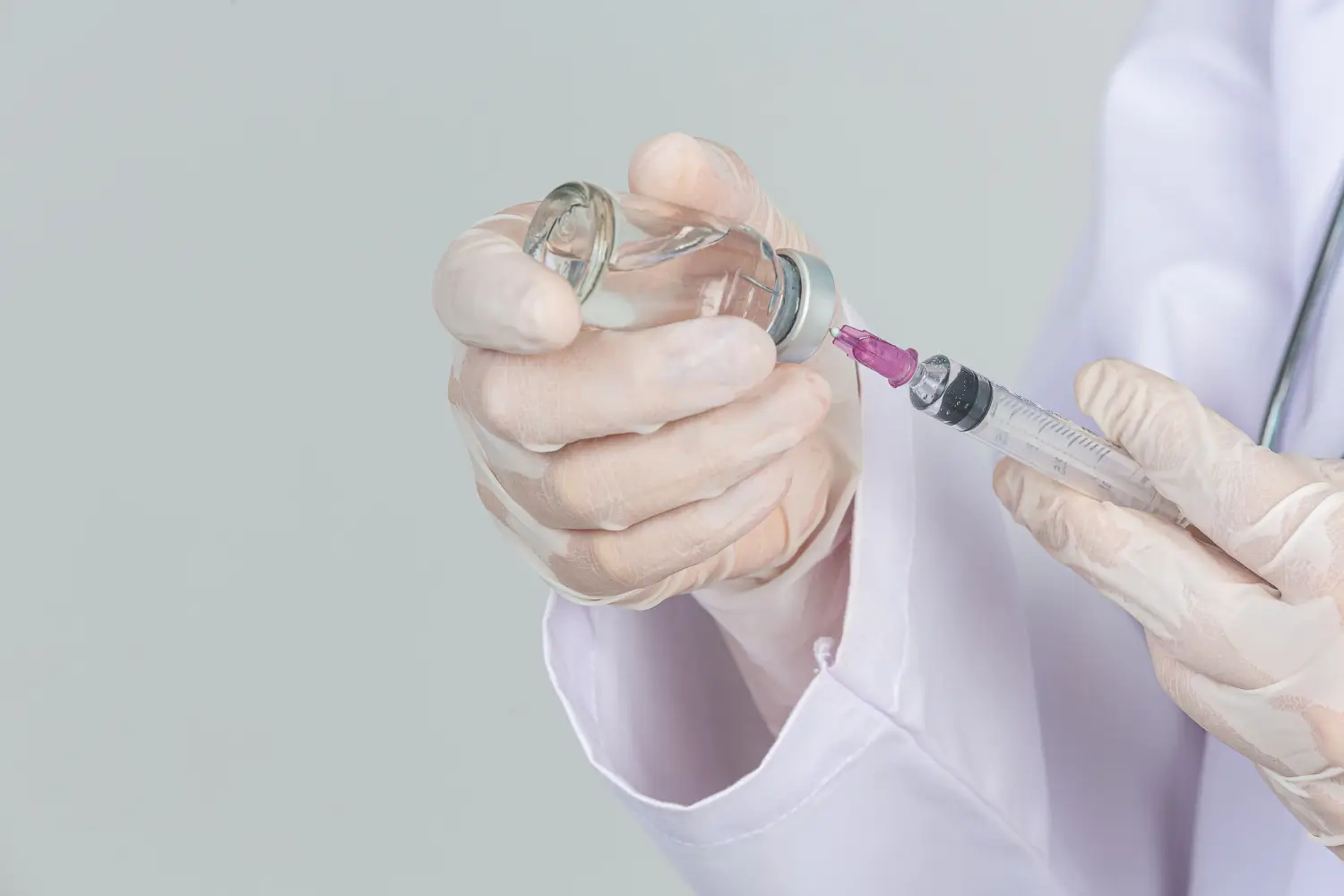FDA approval serves as a crucial safeguard in the medical field, ensuring that treatments meet rigorous standards for safety and efficacy. A recent study published in BMC Medicine emphasized that comprehensive clinical evidence is foundational to this approval process—protecting public health by validating therapeutic benefits and minimizing potential risks. This highlights the essential role of regulatory oversight in advancing modern healthcare.
In this context, Liporase—a widely used hyaluronidase enzyme in aesthetic and therapeutic procedures—has gained attention for its versatile applications. As interest grows, so does the importance of understanding its FDA approval status, which directly affects its legal use, clinical confidence, and patient safety.
In this article, we will examine whether Liporase is FDA approved, explore its clinical applications and safety profile, and consider the implications for both medical professionals and patients.
Key Takeaways
- Liporase is a hyaluronidase enzyme used in aesthetic procedures, but it currently lacks FDA approval, indicating it may still be under evaluation or not submitted for review.
- FDA approvals require extensive clinical evidence to ensure the safety and efficacy of medical products, which is crucial for patient health and treatment outcomes.
- Using non-FDA-approved products like Liporase poses serious risks, including potential adverse effects and legal liabilities for practitioners.
- Comparison with FDA-approved hyaluronidase products highlights the rigorous evaluation process needed to guarantee quality and safety for clinical use.
About: Medica Depot is your trusted all-in-one supplier, offering a range of high-quality medical injectables and supplies. Our sales professionals will assist you if you want to buy Liporase online! Whether for health professionals, plastic surgeons, dermatologists, licensed estheticians, or other specialists, we can offer genuine, brand-name products you may need. With Medica Depot, we prioritize serving you better to improve the patient’s quality of life.
Regulatory Status of Liporase in the United States
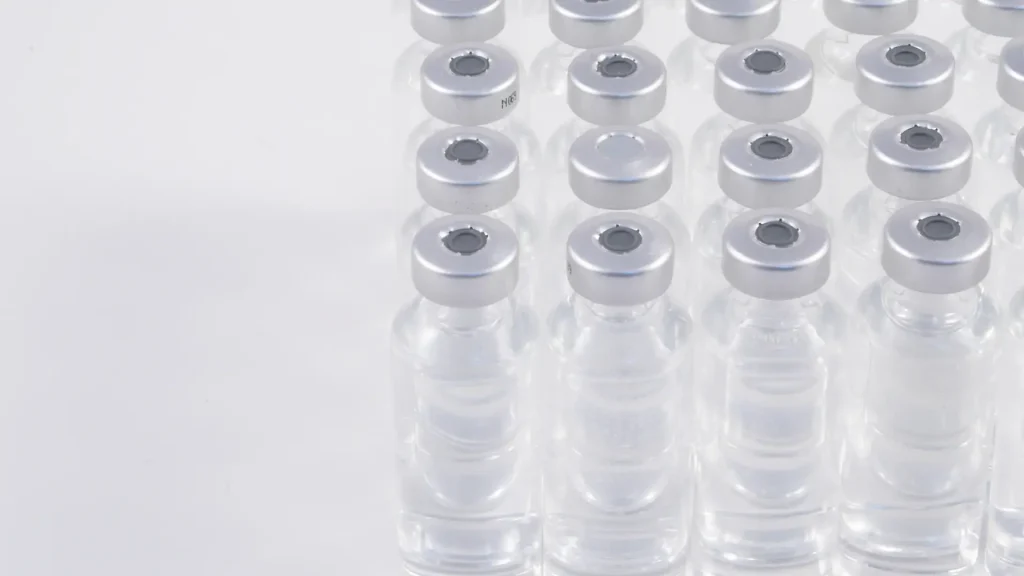
Before learning how to dilute Liporase, its proper administration protocol, benefits, and potential risks, medical professionals and patients must review its U.S. Food and Drug Administration (FDA) approval status. Understanding this status is essential for determining the product’s legitimacy, safety, and effectiveness in both aesthetic and therapeutic applications.
The FDA requires manufacturers to submit extensive clinical data, laboratory testing results, and detailed manufacturing protocols as part of the approval process. The FDA database remains the most authoritative source for verifying such approvals. As of now, there is no listing for Liporase in the FDA-approved database, suggesting that it is either not submitted for evaluation or is still under regulatory review.
Given the absence of an official listing, practitioners are advised to regularly monitor the FDA’s database for any updates regarding Liporase’s legal status. Staying informed supports responsible product selection and ensures compliance with U.S. regulatory standards.
Comparison with FDA-Approved Hyaluronidase Products
Within the U.S., the FDA has approved several hyaluronidase-based products, including both animal-derived and recombinant forms. These are used to facilitate the dispersion and absorption of co-injected substances and meet stringent safety and quality requirements.
Despite structural or compositional differences, all FDA-approved injectables undergo a rigorous multistage approval process. This process includes evidence collection during:
- Preclinical studies
- Investigational New Drug (IND) applications
- Human clinical trials:
- Phase I: Evaluates safety and dosage in a small cohort.
- Phase II: Assesses efficacy and side effects.
- Phase III: Validates effectiveness in a large population and monitors adverse events.
Following clinical trials, a New Drug Application (NDA) or Biologics License Application (BLA) is submitted for full FDA review. Approval is granted only if the product demonstrates a positive benefit-risk profile under controlled conditions.
This highly structured process ensures that any hyaluronidase product brought to market—including potential future iterations of Liporase—is safe, effective, and manufactured under strict quality controls.
Implications of Using Non-FDA Approved Products
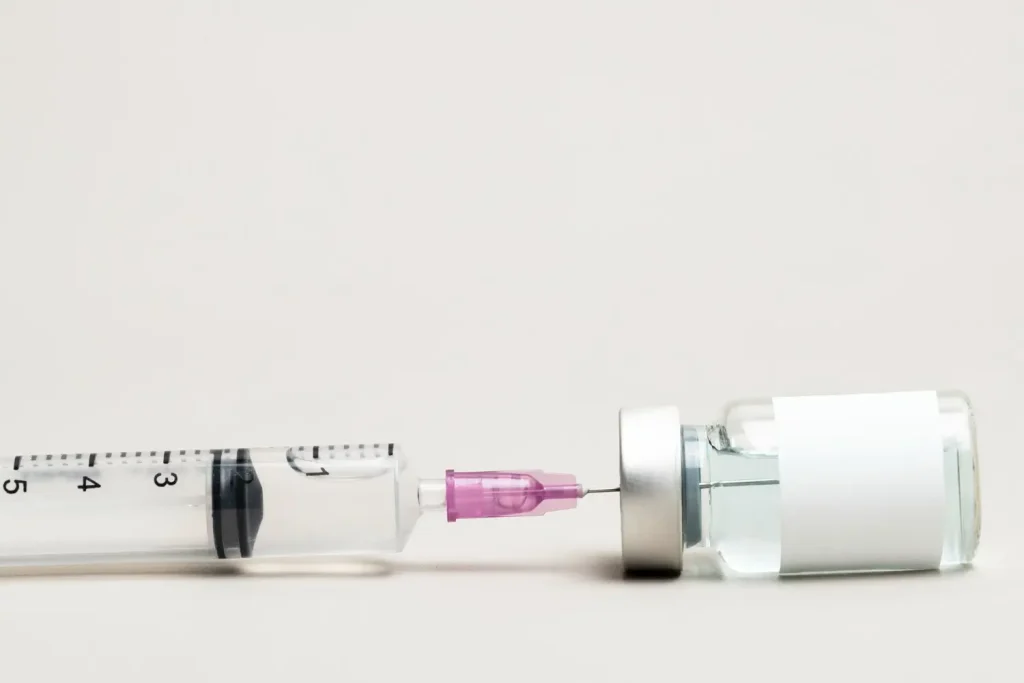
Using products that lack FDA approval can compromise both patient safety and treatment efficacy. FDA oversight is designed to ensure only products that meet verified safety, purity, and performance standards are used in medical settings.
Non-approved products carry increased risks of:
- Contamination
- Dosing inconsistencies
- Unpredictable biological interactions
- Lack of documented side effect profiles
In addition to medical risks, there are legal and regulatory implications. Clinicians using non-approved injectables may face liability, fines, or sanctions. It’s crucial to follow national regulations and rely on FDA-approved alternatives whenever possible to uphold patient trust and standard of care.
Global Regulatory Perspectives on Liporase
Beyond the U.S., agencies like the European Medicines Agency (EMA) and other regional authorities hold products like Liporase to equally high standards. These organizations follow harmonized protocols under the International Council for Harmonisation of Technical Requirements for Pharmaceuticals for Human Use (ICH), which include detailed evaluations of:
- Product formulation
- Clinical efficacy
- Long-term safety
- Quality assurance in manufacturing
In countries like South Korea, where Liporase is manufactured, local regulatory standards are also evolving to match international benchmarks. While Liporase is used more widely in non-U.S. markets, it remains essential for practitioners to verify approvals based on their regional jurisdiction before clinical use.
Clinical Considerations for Practitioners

For practitioners, understanding the regulatory context of injectable products is only one piece of the puzzle. Equally important are clinical responsibilities, such as:
- Conducting thorough patient evaluations
- Using only sterile techniques and FDA-approved materials
- Monitoring for adverse reactions before and after treatment
- Documenting informed consent and explaining all product risks and off-label use
Ongoing training, access to updated regulatory data, and a proactive approach to evidence-based practice all contribute to enhanced patient outcomes. Clinicians should avoid shortcuts and focus on transparency, safety, and trust in every procedure.
Conclusion
Liporase remains unapproved by the FDA, with no current listings confirming its legal use in the United States. This regulatory gap raises valid concerns about its safety, quality, and legal implications, particularly in clinical settings.
While Liporase may be in use globally under different regulatory frameworks, U.S.-based practitioners should prioritize FDA-approved alternatives to protect patient safety and adhere to legal standards.
Understanding the risks of using non-approved injectables—and checking databases regularly for updates—can guide safer, smarter decision-making in aesthetic and therapeutic practice.
FAQs
1. Is Liporase FDA approved?
No, there is currently no record of Liporase being FDA approved, indicating it may be under review or not submitted for approval.
2. What is the significance of FDA approval for medical products like Liporase?
FDA approval ensures that a product has undergone thorough testing for safety and efficacy, protecting patient health and ensuring reliable treatment outcomes.
3. What are the risks of using non-FDA-approved products?
Using non-approved products can lead to adverse effects, dosing inaccuracies, and increased legal liabilities for clinicians, potentially compromising patient safety.
References
- Zhang, X., Peck, C. C., Wang, Y., Szucs, T. D., Sun, W., Bai, X., Chen, S., Wang, F., & Wu, Y. (2024). Strength of clinical evidence supporting the United States Food and Drug Administration Accelerated Approvals from 2015 to 2022. BMC Medicine, 22(1). https://doi.org/10.1186/s12916-024-03800-6
- U.S. Food and Drug Administration. (2022, August 8). Development & Approval Process (Drugs). U.S. Food and Drug Administration; www.fda.gov. https://www.fda.gov/drugs/development-approval-process-drugs

